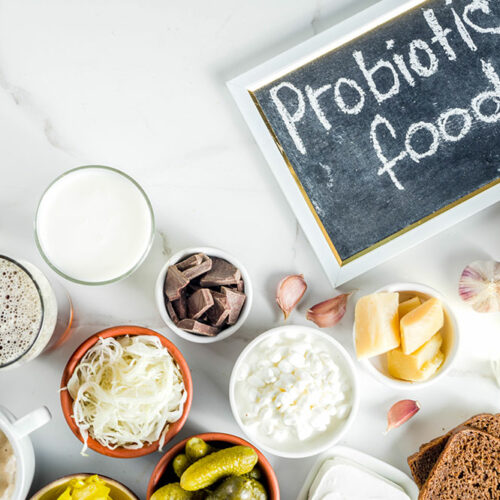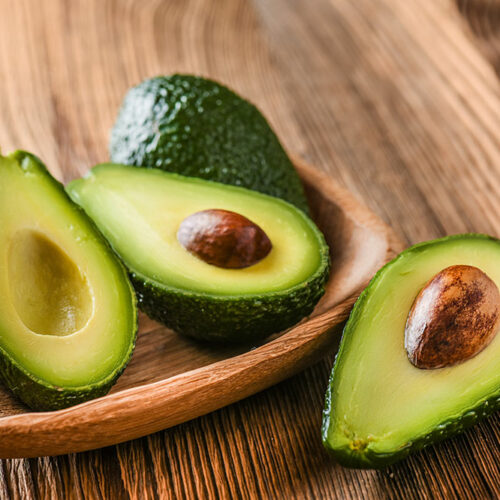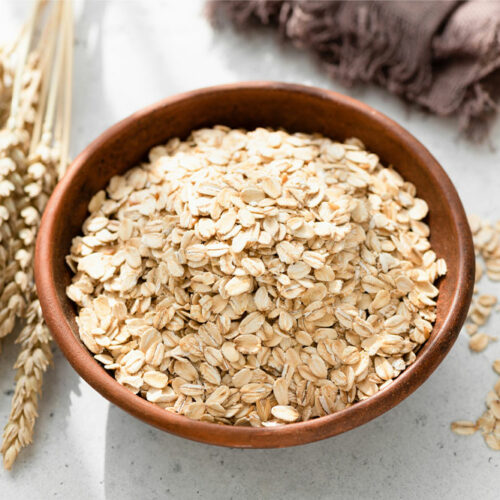6 reasons to add probiotics to your food regime

Probiotics are live microorganisms naturally present in our bodies. However, they can also be taken through certain food items or probiotic supplements. When present in sufficient amounts, probiotics can have several health benefits, such as good digestion, loss of excess body weight, a healthy immune system, and much more! Read on to find out the six most important reasons why you should add this friendly bacteria to your food regime. Maintain Healthy Digestion with Probiotics Probiotics include and foster the growth of good bacteria in your digestive system. You should consume food that contains a fair amount of probiotics. It will help keep your gut healthy by restoring the natural balance of bacteria. These friendly live microorganisms come with the benefit of putting a check on the growth of bad bacteria. Probiotics do not let the harmful bacteria overpower the good bacteria. These bacteria help reverse the effects of illnesses and certain medicines. Probiotics benefits also include treating obesity and allergies. Probiotics are not known to have any side effects. Ensure a Balance of Probiotics to Treat Diarrhea The friendly bacteria present in your digestive system are widely known for treating diarrhea. One of the primary probiotics benefits is its ability to cure and reduce the severity of diarrhea.






